Hosted by Gerry Shields
Gerry is a former longtime Washington correspondent and political writer for The New York Post, Baltimore Sun, and Philadelphia Inquirer and author of the new book: The Front Row: My Jagged Journey Recording American History from Reagan to Trump.

Episodes
Welcome to the Retail Politics Podcast. Without enough hand sanitizer for candidates to shake hands, let alone kiss voter babies, we redefine Retail Politics for the digital world, reaching you one download at a time. We’ll speak weekly for 30 minutes to politicians, academics, and reporters on the front lines of American political issues to help you choose best how your government should function.

S02E13 The Politics of Racial Reckoning
In the wake of the George Floyd killing, American companies are engaging in a racial reckoning not seen since the Civil Rights struggle of the 1960s. But is the inclusion of more Black Americans in news stories, TV ads, and hiring sincere?
“I think there are some companies that have leadership that realizes there has to be a change and are making the best effort,” said Phyllis Alexander of the National Coalition Building Institute. “The majority of our corporations are in the business of making money...not to do social justice.”
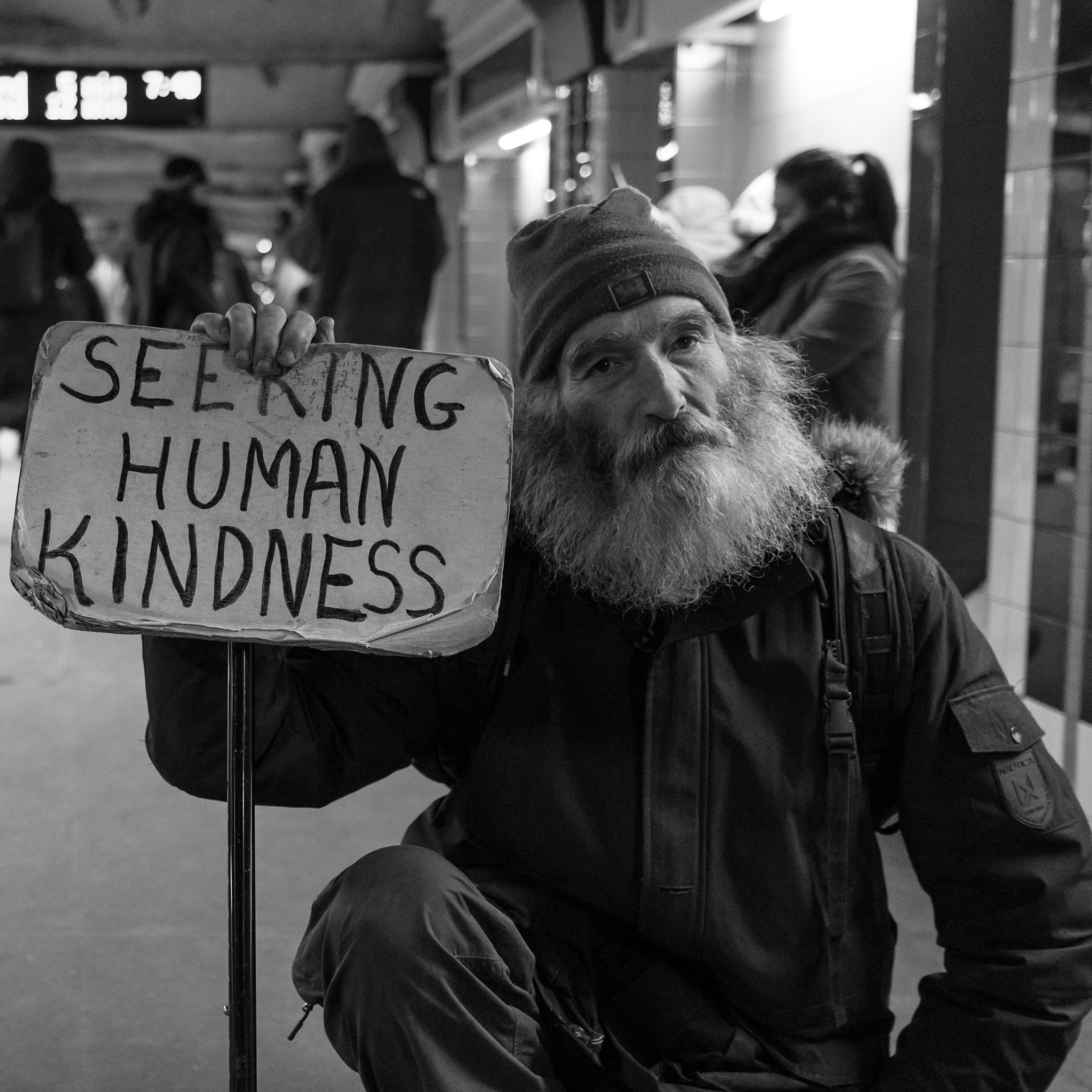
S02E11 The Politics of Homlessness
As the number of billionaires in America has risen to 614 so has the population of our nation’s most unfortunate residents: the homeless. Many communities are enforcing public nuisance laws to rid them from their streets.
“Being homeless is not protected under our anti-discrimination laws and therefore many forms of what is blatant discrimination against unhoused people are very difficult for us to challenge using legal advocacy,” said Eve Garrow of the American Civil Liberties Union of Southern California.

S02E09 Rabbi Josh Yuter, The Politics of Kosher
Israel’s new governing coalition does not include ultra-Orthodox parties for the first time in a half-century, causing a push to loosen longstanding food certification, religious and social policies.
“In America, you have no guidelines on who says what is kosher,” said Rabbi Josh Yuter, considered the world’s largest Jewish influence. “In Israel, it’s completely different, in order for you to claim your establishment was kosher, you had to have the official Rabbinut body certify you.”
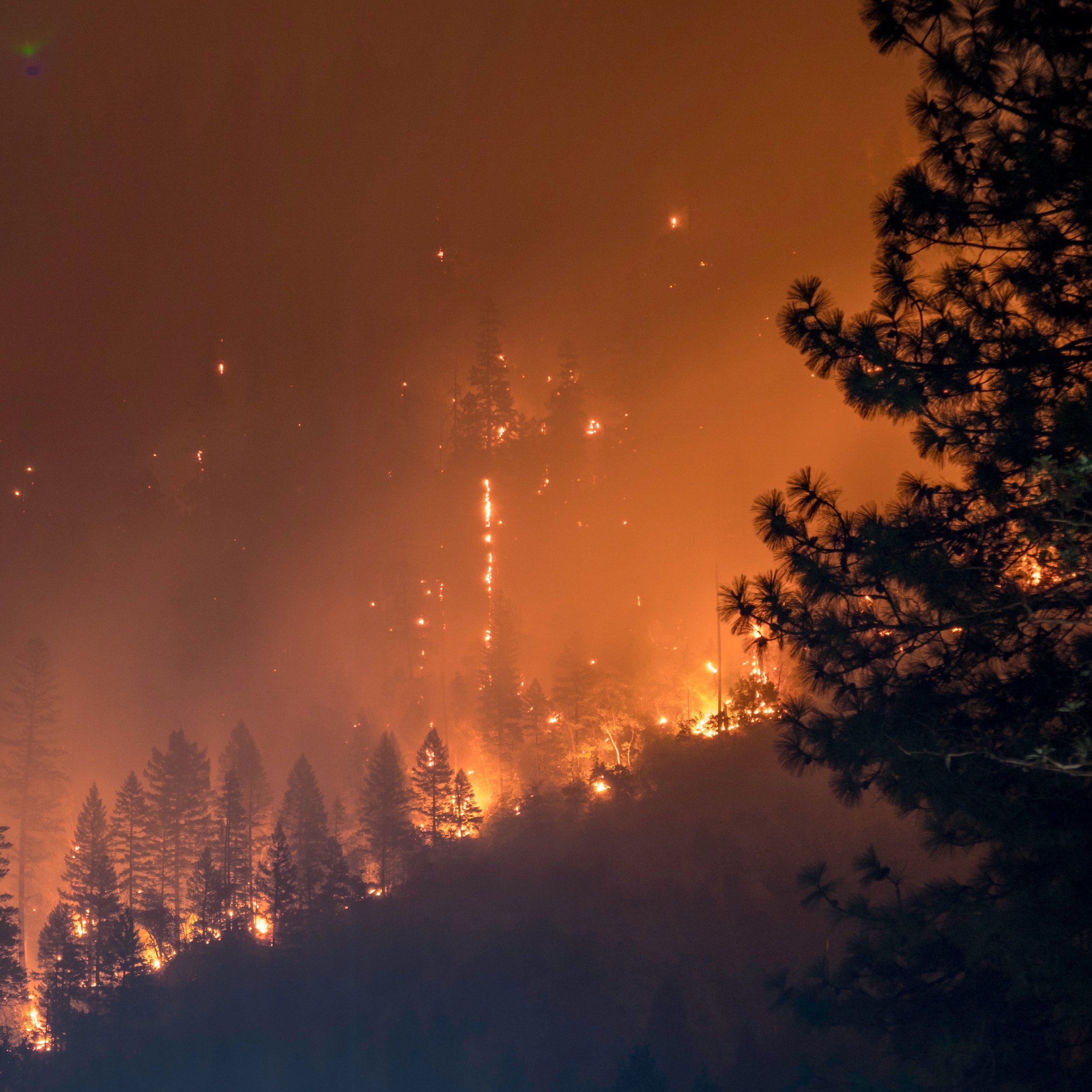
S02E08 Edward Nordskog, The Politics of Arson
Footage of heartbreaking California wildfires consuming gorgeous homes seems to be a regular segment on the nightly news. But one in 10 of those devastating blazes are intentionally set, destroying communities, forests, and lives.
“The wildland arsonist, in particular, is the most dangerous criminal that there is,” says the nation’s leading arson investigator, Edward Nordskog. “They can burn a town or a county down with just a match.”

S02E7 Kerry Hawk Lessard, The Politics of Native Americans
Native Americans lead the nation among ethnic groups in COVID outbreaks and death while also ranking first in methamphetamine drug abuse.
“There are decades of Native people not being heard,” said Kerry Hawk Lessard, executive director of Native American Lifelines, a Baltimore health center. “The identities of Native American people are so often asserted through stereotypes.”

S02E5 Tim Kelly, Politics of VA
Health care provided to 9.1 million American veterans is exceptional though improvements are needed in patient access, ranging from answering the phones to providing adequate parking.
“In a word, I would say the care we provide is outstanding,” said Tim Kelly, a recently retired Customer Care Coordinator with the agency. “But if I call, and nobody answers the phone, I’m not going to remember the care; I’m going to remember that someone didn’t answer the phone.”
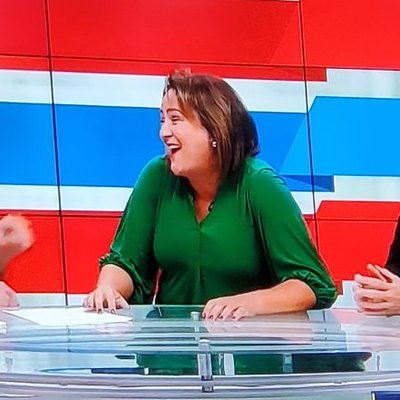
S02E04 Dr. Erin O’Brien, the Politics of Boston
White men have served as Boston mayors since its founding, but on Tuesday, voters will elect one of two women of color in a city scarred with a national reputation for vehemently fighting busing and housing integration.
“That’s a reputation Boston maintains, but it’s one that the city wants to move away from,” said Dr. Erin O’Brien of the University of Massachusetts Boston political science department.

S02E3 Alex Mahadevan, Politics of the Nobel Peace Prize
For only the third time in its 126-year history, the Norwegian Prize Committee gave the world’s most coveted award to journalists, hailing their efforts to beat back the rise in rogue world leaders jailing, killing, and exiling the media.
“Given that we’re in the modern age, it’s 2021, the fact that we see a slide away from democratic behaviors from leaders around the world is pretty scary,” said Alex Mahadevan, program manager for Poynter Institute’s Media Wise.

S02E02 Kristen Brengel, The Politics of National Parks
Are Americans loving their National Parks to death? Tourism has hit a historic peak, wearing on our national treasures through crushing traffic, mounds of litter, and damage to nature.
“Of course, during COVID, parks are hugely popular because people can’t travel outside of the country,” said Kristen Brengel, senior vice president of the National Parks Conservation Association. “Everyone is visiting these wonderful places.”

S02E01 John Fritze, The Politics of the U.S. Supreme Court
The U.S. Supreme Court has embarked on its most-watched term in two decades, facing low approval ratings and handling volatile cases from gun rights to abortion, making it the Greatest Show on Earth.
“This term, everybody’s paying attention,” USA Today Supreme Court Correspondent John Fritze says. “People are fired up.”
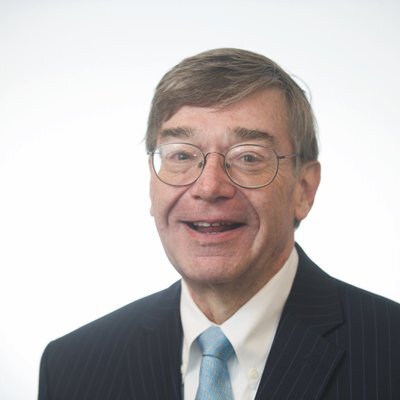
S01E52 Charlie Cook, The Politics of Ron DeSantis
Florida Gov. Ron DeSantis is being held up as the leading Republican candidate for president should Donald Trump not run in 2024. And DeSantis is pushing all the right policy buttons to sway Trump supporters.
“Would DeSantis be the best guess today?” said veteran political prognosticator Charlie Cook. “Absolutely.”

S01E51 Paul Kane, Politics of Joe Manchin
West Virginia Democratic U.S. Sen. Joe Manchin serves a state that former Republican President Donald Trump won by 39 percent. That puts the former governor’s political life at risk when voting on every piece of legislation.
“He’s described as a centrist or conservative Democrat, “ The Washington Post’s Paul Kane said. “He can be best described as a Joe Manchin Democrat.”

S01E50 Gary Maynard, Politics of Prisons
Why does the United States have five percent of the world’s population and 25 percent of its prisoners, with two out of three returning to jail after being released?
“It’s complicated,” veteran national Corrections Administrator Gary Maynard said. “We are a second amendment nation and a prosperous nation and that attracts drugs and organized crime.”

S01E49 Jessica Wehrman, Politics of Infrastucture
The U.S. Congress is ready to spend $1 trillion on American highways, bridges, railways, wastewater treatment plants, and the national electric grid. Is it enough?
“This is something presidents have wanted to do for some time,” CQ Roll Call Reporter Jessica Wehrman said. “But the needs are really, really vast...There are wastewater systems that date to the 1800s.”

S01E48 Steven Greenhouse, Politics of America’s Labor
A new survey shows six in 10 Americans prefer labor unions. So why is the movement still struggling to survive?
“I think people are very hopeful this Labor Day,” said Steven Greenhouse, former New York Times labor reporter. “But also very frustrated,”
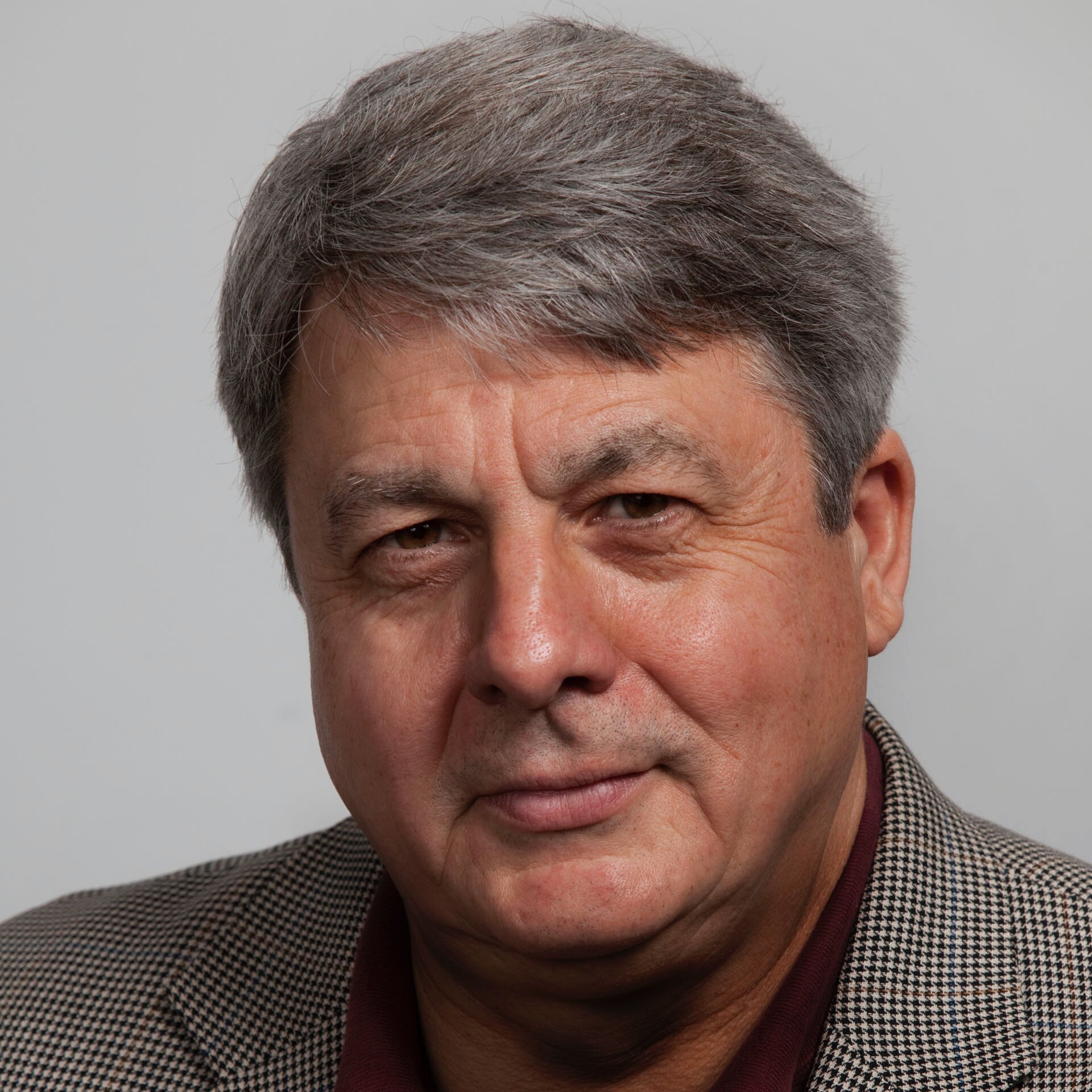
S01E47 Carl Hulse, Politics of House Democrats
Despite a perilous two-vote margin, U.S. House Democrats are squabbling as the chamber loss to Republicans seems inevitable.
“I think a lot of Democrats are looking at this moment and saying we have to get everything we can right now,” said Chief New York Times Washington Correspondent Carl Hulse.

S01E46 Jeffrey Fleishman, Politics of Leaving Afghanistan
The Taliban’s swift Afghanistan conquer showed the tenuous American hold on the nation despite 20 years of war.
“It was ultimately going to happen because the American mission failed,” Los Angeles Times Foreign Editor Jeffrey Fleishman said. “They don’t call Afghanistan the Graveyard of Empires for nothing.”
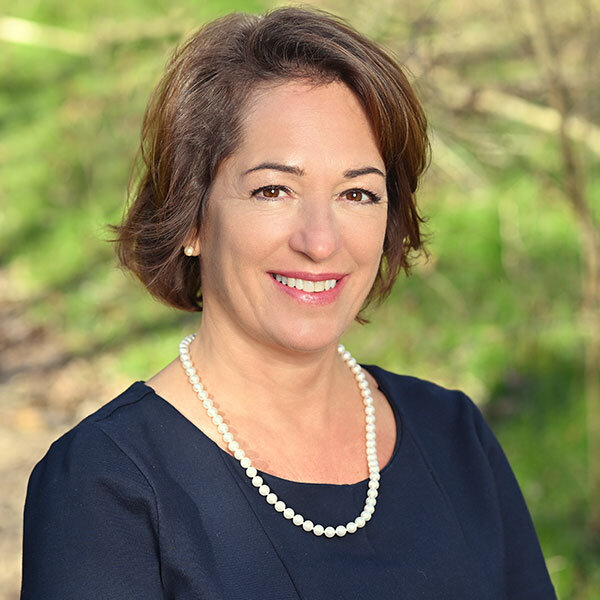
S01E45 Carol Leonnig, The Politics of the Secret Service
In her new book, “Zero Fail,” Washington Post Pulitzer prize-winning report Carol Leonnig exposes failures of America’s elite agency.
“It was a culture, the service had partied hard for decades,” Leonnig said. “They had worked hard and partied hard.”
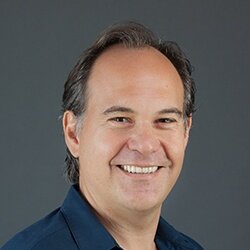
S01E44 Dr. James Lopez, The Politics of Cuba
Recent Protests in Cuba continue a history of turmoil from Columbus to Castro. And once again eyes are on the United States to respond.
“The Cuban economy is in free fall,” said Dr. James Lopez, co-director of the Center for Jose Marti Studies at the University of Tampa. “There is great economic hardship, food shortages, the collapse of the medical system, COVID cases are on the rise.”
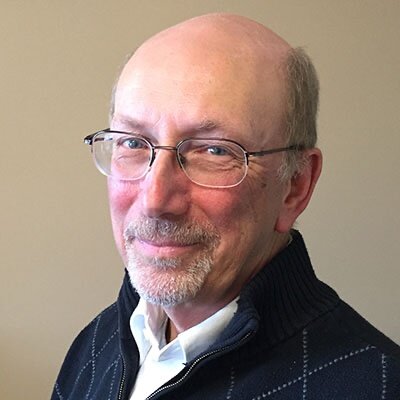
S01E43 Leo Raymond, Politics of the Post Office
The nation’s foremost postal service expert believes Congress has an opportunity to right the financially struggling agency established in 1775 by adopting a business model that separates its tasks.
“You’ve got something that is expected to do things that are service-oriented but not necessarily profitable, while at the same time keeping yourself reasonably balanced financially,” Leo Raymond said. “You’re going to end up in a self-conflicting situation.”




